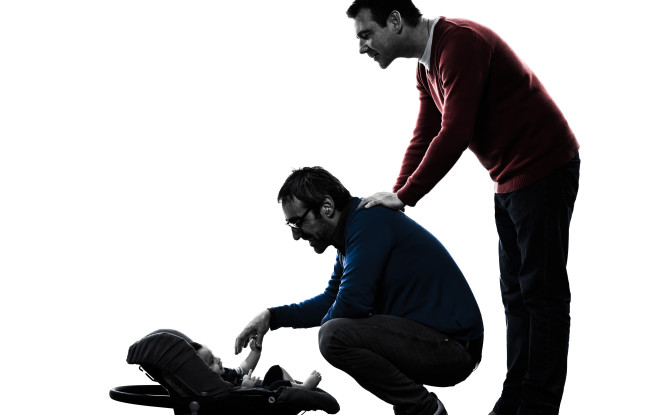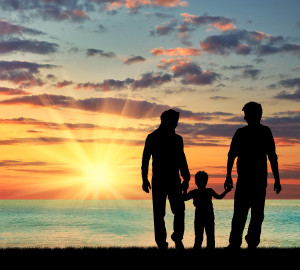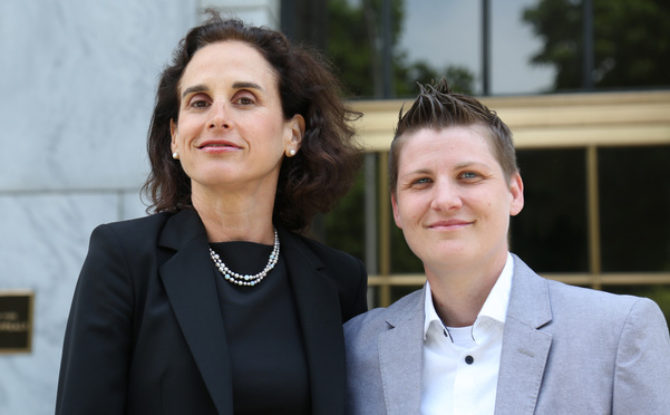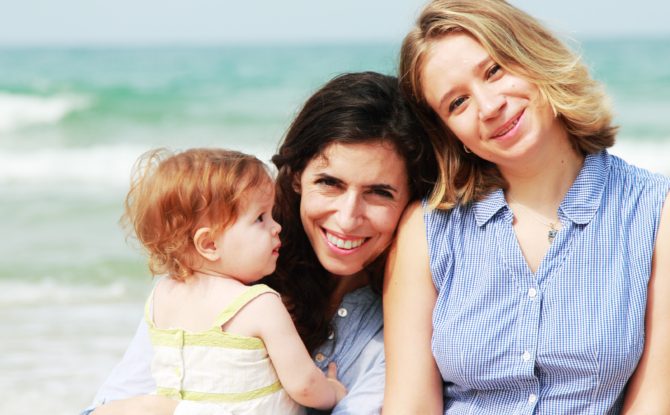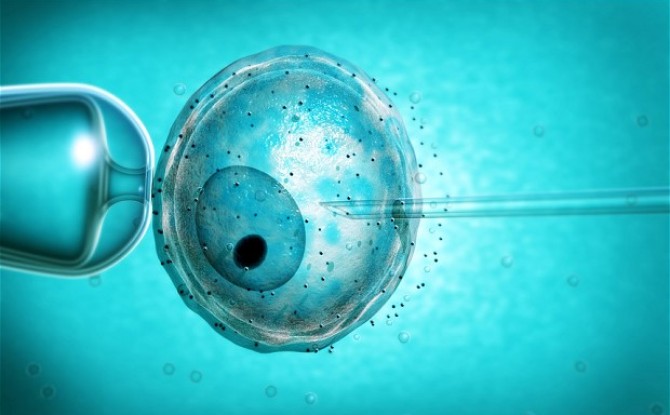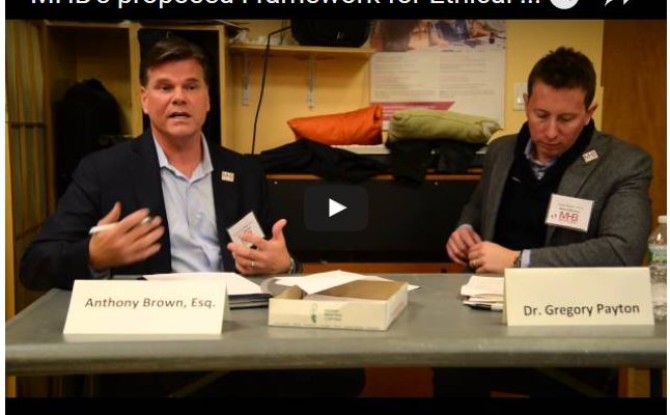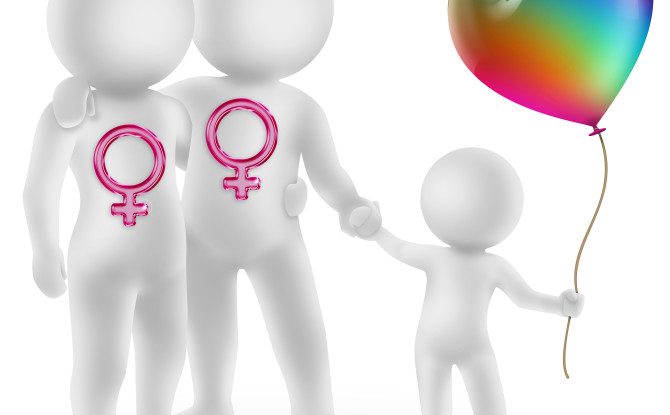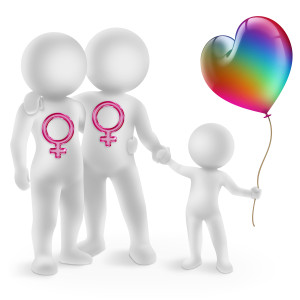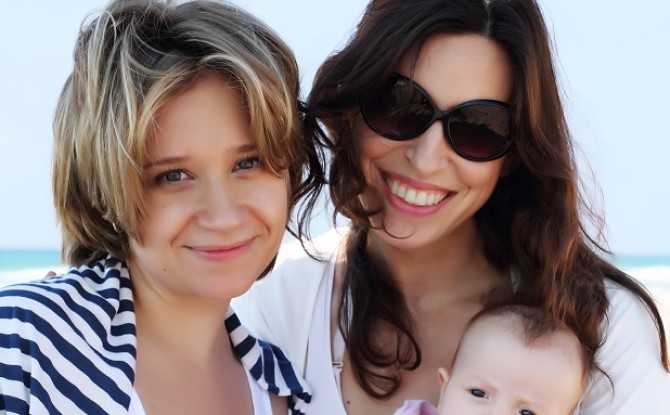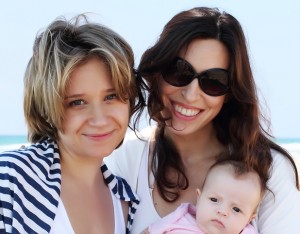At any given time you’ll find 4 or more parenting books on my Amazon wish list, a few by my nightstand, and an email box chock full of remarkable parenting theories and approaches.
Granted, child development is my career, but I speak with plenty of parents in my practice who find themselves in similar circumstances. With information around every corner and our culture projecting constant messages (many times contradictory) regarding how we should raise our kids, feeling like a confident and intentional parent can seem out of reach many days.
In my 12 years as a family therapist, I’ve seen many well-intentioned parents mistakenly employing strategies that aren’t meeting the emotional or developmental needs of their children or families. I’ve also observed an increasing number of parents that are successfully mapping out new and healthier ways of raising children.
These insights, collected over time and gleaned from experience, parallel what we know from current brain and behavioral research about what kind of parenting is most likely to contribute to the healthy development of children. 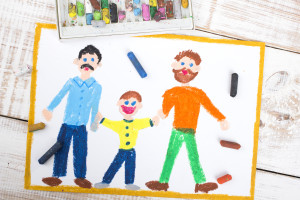
1 | Know that kids will act like kids.
Often parents forget that the way a child’s learning begins is by screwing up. Making mistakes. Behaving immaturely. The ‘magic’ happens when a supportive caregiver then steps in to steer them in the right direction. We get frustrated and impatient, becoming annoyed with whininess and ‘back talk’ when really, this is how kids are wired.
The part of the brain responsible for reason, logic and impulse control is not fully developed until a person reaches their early 20’s. Immature behavior is normal for immature human beings with immature brains. This is a scientific reality that helps us to be patient and supportive in order to guide our children when they struggle.
2 | Set limits with respect, not criticism.
Due to the fact that our kids need to learn literally everything about the world from us, they will require many limits throughout their day. Without proper limits in their environment, kids will feel anxious and out of control.
Limits can be delivered in the form of criticism and shaming, or they can be communicated in a firm but respectful way. Think about how you appreciate being spoken to at work and go from there.
3 | Be aware of developmental stages.
Have you ever questioned where your easy-going toddler disappeared to as he was suddenly screaming bloody murder while getting dropped off at daycare? Hello separation anxiety!
There are literally hundreds of very normal, very healthy transitions kids go through to become adults. Being aware of these puts their puzzling behaviors into context, and increases the odds of reacting to them accurately and supportively.
4 | Know your child’s temperament and personality.
It seems pretty obvious, but if we are in tune with the characteristics that make our child unique, we will have a better understanding of when they may need additional support, and when and where they will thrive.
Once you know the basics of what makes your child tick, many important areas become much easier to navigate, such as pinpointing the best environment for homework, or understanding why your daughter needs to come home from overnight summer camp.
5 | Give your child plenty of unstructured play time.
Unless you studied play therapy in school, most adults will never fully understand and appreciate the power of play.
Play is how kids learn all the things and develop all the stuff. This means leaving time each day for straight-up unstructured, kid-controlled, exploration of the world kind of play.
6 | Know when to talk and when to listen.
Kids learn to be pretty good problem solvers if we let them. Because we love the life out of them and want them to succeed, it’s hard not to jump in and solve problems for them by virtue of lecture or criticism.2
If parents more often held their tongues and waited it out, they’d be shocked at how often their children can successfully reach their own conclusions. Being heard is powerfully therapeutic, and it allows us to think things through and reach a solution.3
Kids want and need to be heard, and feel understood. Just like the rest of us.2
7 | Have an identity outside of your child.
Many of us often claim that our children are our world, and this is certainly true in our hearts. In terms of daily life however, parents need to have more. We need to nurture the friendships, passions and hobbies that make us who we are as individuals.
Doing this can feel like a battle, as our protective anxieties try to convince us our children can’t be without us, and also that we can’t be without them. But we can be, and need to be,in order to stay sane, and avoid saddling our kids with the task of meeting all of ouremotional needs.
by Angela Pruess, June 15, 2016 parent.co

